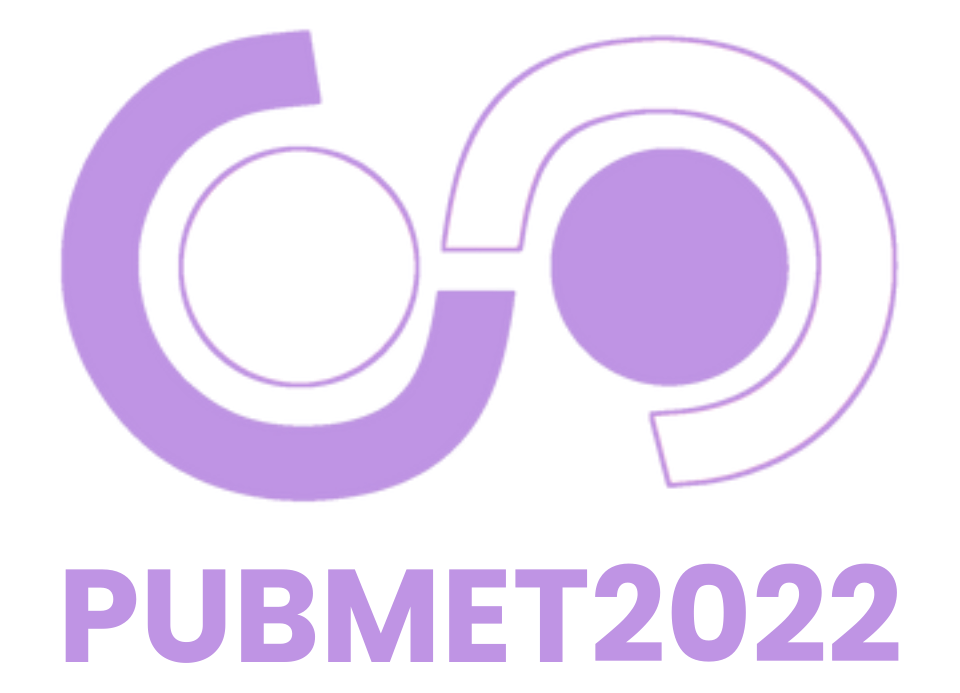Working towards a more connected scholarly community

Crossref is a not-for-profit member organization that aims to make all research outputs easy to find, cite, link, assess, and reuse. Crossref’s membership comprises of over 17,000 member organizations from across more than 140 countries (Crossref, 2022). Publisher and funder members register research content with Crossref, they assign it a DOI and deposit metadata about that piece of content. Crossref then processes this metadata so that connections can be made between publications, people, organizations, and other associated outputs.
At Crossref, we envision “a rich and reusable open network of relationships connecting research organizations, people, things, and actions; a scholarly record that the global community can build on forever, for the benefit of society” (Hendricks, G., 2021). This talk aims to explain how the Research Nexus is fundamental to making this vision a reality, how you can get involved, and how the Principles of Open Scholarly Infrastructure (POSI) ensure that these efforts will be here for the long term.
We all know how important it is for research objects to be persistently and uniquely identified, and while there is still work to be done in this area, this is only the first piece of the puzzle. The metadata that we collect from our members is open, standardized, and machine readable. It’s beneficial to many organizations that build tools and services on top of the open infrastructure we provide, and its key to connecting research outputs to the bigger picture. Additionally, it is increasingly important to identify the relationships between research objects – bringing together published work, unpublished work, institutions, individuals, and much more and identifying the actions they take and the relationships between them, e.g., funding, publishing, creating, modifying, citing and sharing. The Research Nexus brings together metadata and relationships to build a joined-up picture of the scholarly ecosystem and helps everyone identify these relationships and how they change through time. Metadata and relationships between research objects and entities can support the whole scholarly research ecosystem in many ways, including research integrity, reproducibility, reporting and assessment, and discoverability (Crossref, 2022).
The Research Nexus draws on the work of various scholarly infrastructure organizations. However, we can be sure the scholarly community can sustain these efforts through the Principles of Open Scholarly Infrastructure (POSI). POSI is a set of principles describing the desired governance arrangements, financial sustainability, and openness of infrastructure organizations and how they should operate in the scholarly space (Bilder G, Lin J, Neylon C, 2020). Organizations can formally adopt the POSI principles by publishing an initial self-assessment and committing to demonstrating evidence of following POSI in practice. Already, POSI is adopted by Crossref, Dryad, the Research Organization Registry (ROR), The Journal of Open Source Software (JOSS), Our Research, OpenCitations, DataCite, OA Switchboard, and others.
We hope to advance knowledge by making the increasingly diverse landscape of scholarly outputs easy to navigate.
